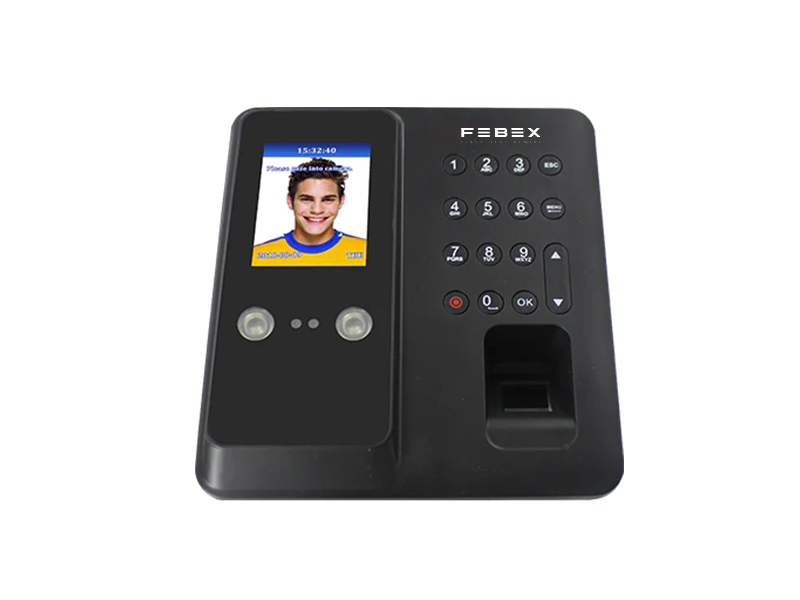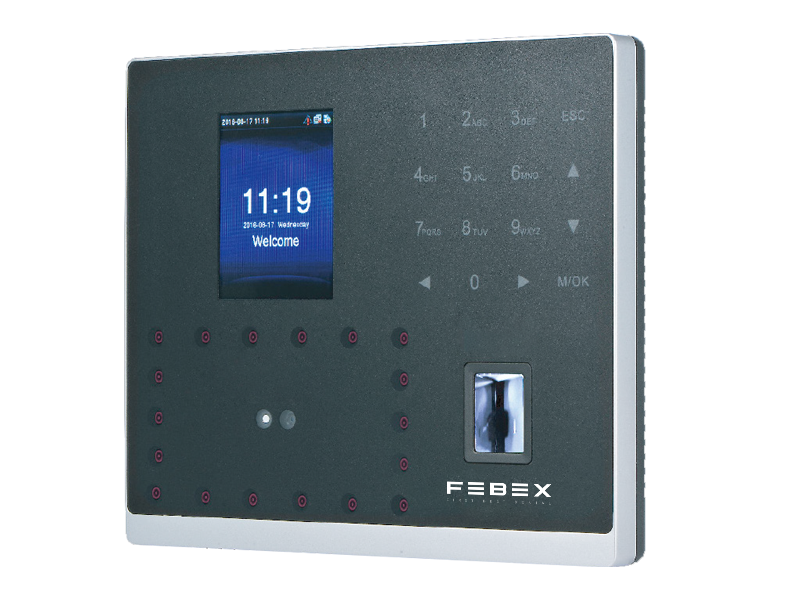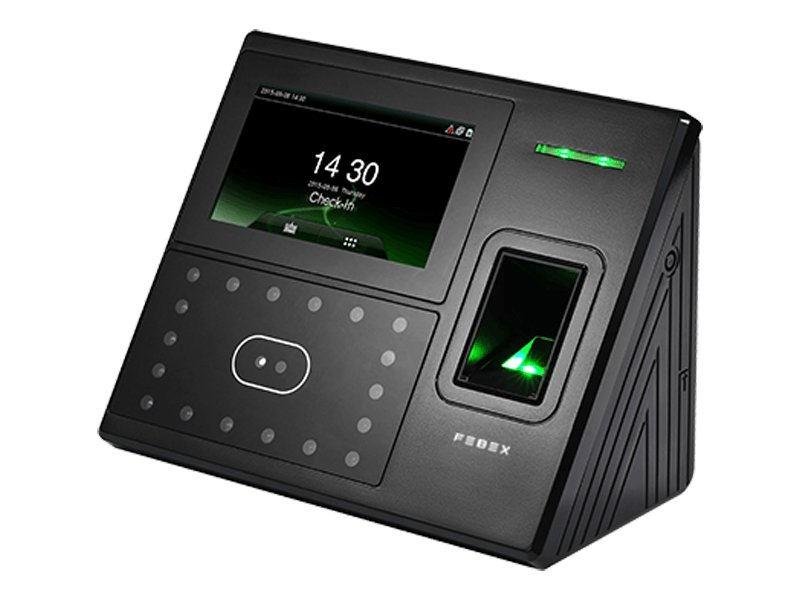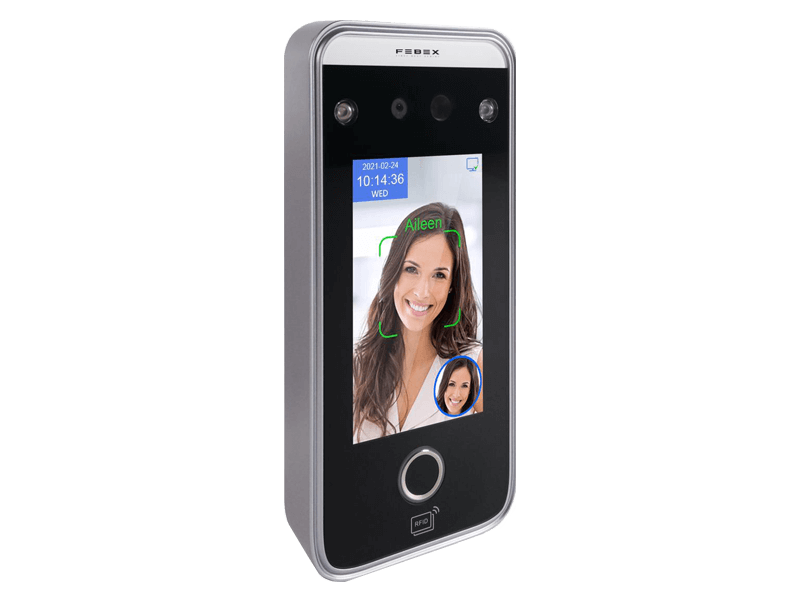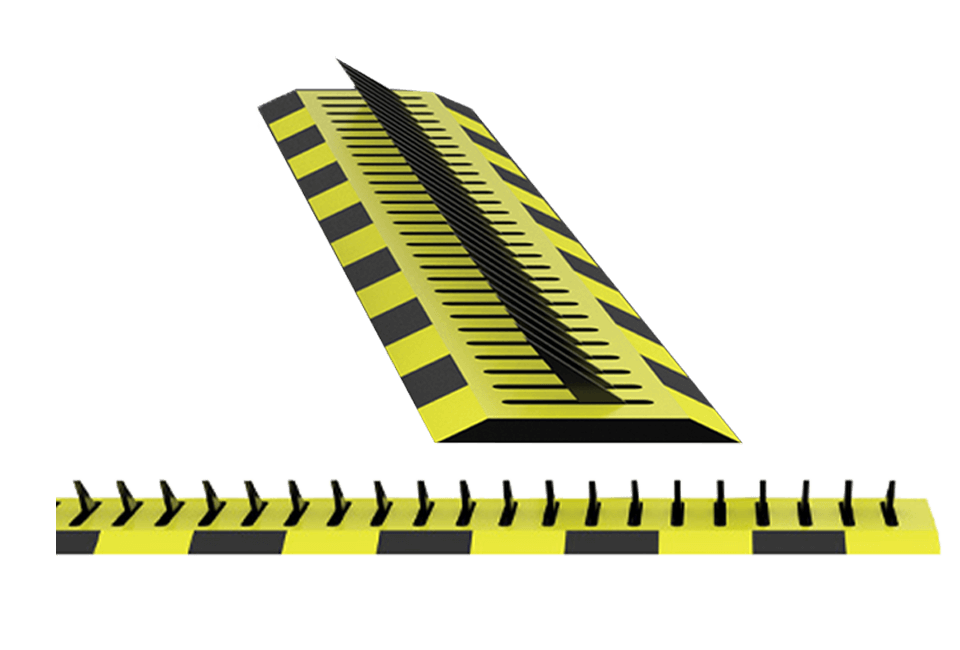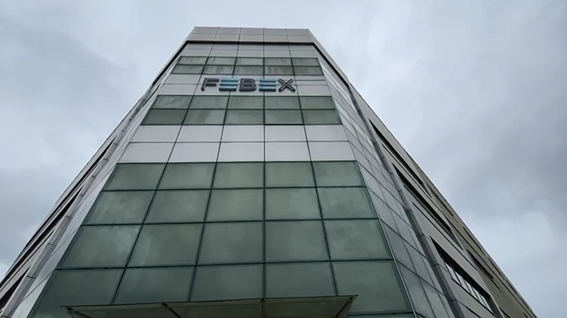Febex The Rise of Facial Access Controls: Balancing Convenience and Privacy
Introduction
In recent years, facial access controls have emerged as a cutting-edge technology transforming the landscape of security and convenience. This technology utilizes facial recognition algorithms to grant or deny access to various systems, buildings, or devices. While it offers unprecedented convenience, it also raises concerns about privacy, security, and ethical considerations.
The Mechanics of Facial Access Controls
Facial access controls leverage advanced computer vision and artificial intelligence algorithms to analyze and identify unique facial features. These systems capture an individual’s facial characteristics, such as the distance between eyes, nose shape, and jawline, creating a unique facial signature. This information is then compared to a pre-existing database to authenticate and authorize access.
Benefits of Facial Access Controls
- Convenience: One of the primary advantages of facial access controls is their convenience. Users can simply walk up to a device, such as a door or a smartphone, and gain access without the need for physical keys or access cards. This streamlined process saves time and eliminates the hassle of carrying multiple items.
- Enhanced Security: Facial recognition technology offers a higher level of security compared to traditional access methods. Since facial features are unique to each individual, the likelihood of unauthorized access is reduced. Additionally, facial access controls can be integrated with other security measures, such as two-factor authentication, to enhance overall system security.
- Contactless Authentication: In the wake of global health concerns, the contactless nature of facial access controls has become particularly appealing. Users can gain access without touching surfaces, minimizing the risk of spreading pathogens.
Concerns and Challenges
- Privacy Issues: The use of facial recognition technology has sparked debates about privacy rights. Critics argue that widespread deployment of facial access controls could lead to unwarranted surveillance and the tracking of individuals without their knowledge or consent.
- Accuracy and Bias: Facial recognition systems are not infallible and may exhibit inaccuracies, especially in diverse populations. Concerns about racial and gender bias in these systems have been raised, as they may not perform equally well across all demographic groups.
- Security Vulnerabilities: Like any technology, facial access controls are susceptible to hacking and misuse. Unauthorized access to the facial recognition database could compromise sensitive information, emphasizing the need for robust security measures.
Ethical Considerations
The ethical implications of facial access controls extend beyond privacy concerns. Debates about the responsible use of this technology include considerations of consent, transparency, and the potential for abuse by authorities or malicious actors.
Conclusion
Facial access controls represent a technological leap forward in terms of security and convenience. However, the widespread adoption of this technology necessitates careful consideration of privacy, security, and ethical implications. Striking a balance between innovation and safeguarding individual rights is crucial to ensuring the responsible and ethical deployment of facial access controls in various aspects of our daily lives. As this technology continues to evolve, it is imperative to engage in open discussions and establish regulatory frameworks that address its potential impact on society.
